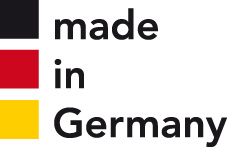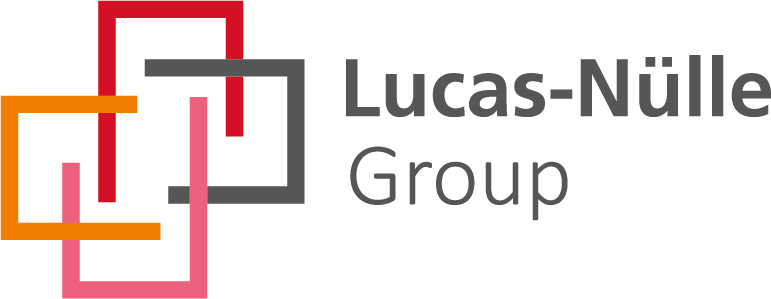
|
|
|
Technical data TESS expert Laboratory Experiments Magnetic Resonance Imaging (MRI) for "compact MRT"Article no: 01233-02

Benefits Comprehensive collection of experiments ragarding the magnetic
resonance (MR) technology. The manual comprises basic experiments
of the MR physics as well as experiments on complex MR imaging (2D
and 3D). Experiments are didactically and precisely prepared
and convey all relevant information about magnetic resonance
tomography. Through questions, answers, evaluations and a
comprehensive theory students are guided and are able
to learn one of the most important procedures of medical
diagnostics with a lot of fun and enjoyment. The software needed to
perform the experiments perfectly fits the experimental literature
and thus enables an unique learning and teaching experience. For
example parameters can be directly varied during a measurement ("on
runtime"). Learning objectives The manual consist of five TESS expert experimental units (P5942100-P5942500). Each unit consists of a multiude of single experiments an covers a very specific topic of MR physics and MR diagnostics.
Equipment and Technical Data
Manual, DIN A4, approx. 120 pages |
|
|
Robert-Bosch-Breite 10 – 37079 Göttingen – Germany
www.phywe.com

